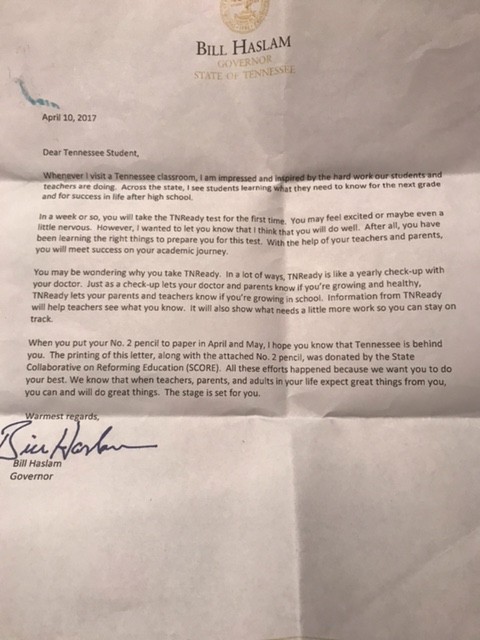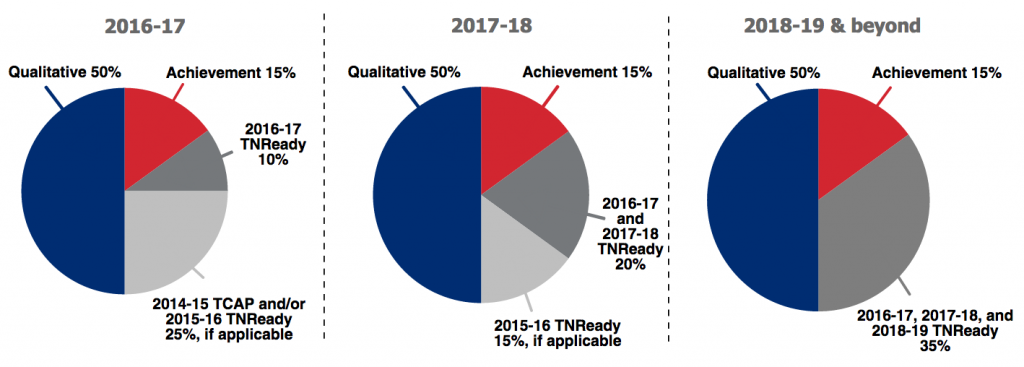By now it is clear that TNReady simply didn’t go as planned this year. Sure, the tests were administered and students completed them — largely on pencil and paper. But, the raw data from the tests used to generate the “quick scores” for student grades isn’t getting back to districts on time. At least not in time to include it in report cards.
The Department of Education says that’s the fault of districts. Here’s how a TN DOE spokesperson explained it to the Clarksville Leaf-Chronicle:
But Sara Gast, spokeswoman for the state Department of Education, said school districts would receive their scores based on how quickly they returned their materials.
This was the first week school districts could receive data back, and districts across the state will get their scores on a rolling basis over the next couple of week through the week of June 5, she said.
She said some districts will not get their scores in time to be counted in final grades “because they did not meet the deadlines.”
The district says that’s simply not the case and that they met the established timeline:
Shelton said tests from all Clarksville-Montgomery County schools were definitely turned in according to the state’s timeline to have them back before schools let out Wednesday, and the school district was not at fault.
All of this may sound a bit familiar to those who watched the blame game play out last year during the total meltdown of TNReady.
Then, neither testing vendor Measurement, Inc. nor the Department of Education took responsibility for a test that clearly failed.
Here’s what’s interesting this year. The state admits that more than 75% of districts will not get scores back on time. This, they claim, is because of missed deadlines. Districts dispute that claim.
Educators will tell you that if more than 75% of students miss a test question or fail a test, there’s a problem – and the problem is with the question or the test, not the students. More than 75% of districts supposedly missed established deadlines. It seems clear the Department of Education has a problem. It’s also clear that adults are failing kids.
Students are told the tests matter. They are told the tests factor into grades. Schools are held accountable based on results. Despite statistical validity issues, the test is used to evaluate teachers — so, those teachers reinforce the importance of the test to their students.
Then, after the answer sheets have been bubbled in and the test booklets sent to the vendor for grading, students are told the tests won’t count. Or, they may count, but report cards will be late. But it’s okay. The adults got it wrong. Just keep showing up and taking the test seriously. No big deal.
If you want the students to take testing seriously, you should take your job seriously. This is the fourth year in a row that there have been challenges with testing and/or returning results. When district leaders have stood up and spoken out, Commissioner McQueen has threatened to withhold funding.
Here’s a crazy idea: Stop using this single test as the primary indicator of student performance, teacher effectiveness, and school accountability.
For more on education politics and policy in Tennessee, follow @TNEdReport


